Harder to breathe: Capital’s air quality is getting worse with time
Environmentalist worried by continuing decline; EPA head problems being addressed.
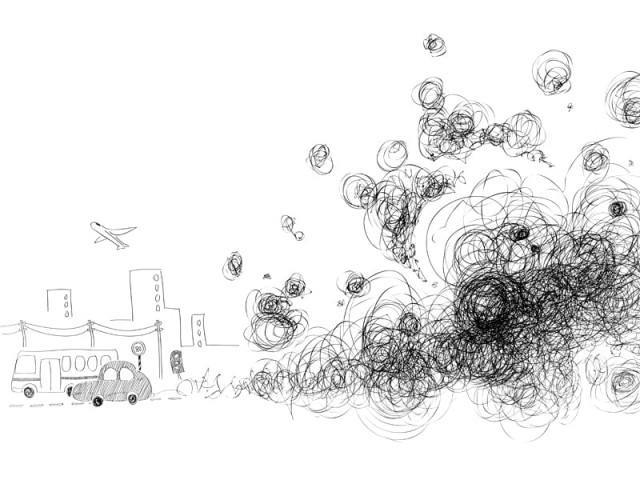
It’s easy to drive around the capital and think that it’s the cleanest city in the country. But experts are of the view that as clean as it might seem, the air quality of Islamabad is quickly becoming among the most dangerous in any of the country’s cities.
The air quality in a city can be judged by measuring the levels of particulate matter (PM) in the air. There are different types of particles — some are larger and visible but harmless, others are smaller, invisible and hazardous to health. Islamabad’s air quality does not meet safety standards on either count.
Speaking to The Express Tribune, Hagler Bailly Pakistan- Environmental Consultancy Managing Director Vaqar Zakaria said with the passage of time, air quality in the capital is getting worse and residents are suffering the consequences. He explains that the increase in stone crushing and emissions from cement plants and steel mills are the major contributors to the decline. Toxic particles are released from the stone quarries create dust through mining and also through blasting.
“If one goes to Daman-e-Koh early in the morning, they can see a dark shroud of smoke hovering over these areas,” said Zakria, who is also a member of the Himalayan Wildlife Foundation. He further explained that wind from industrial areas naturally blow towards the residential areas and that the heavy metal-laden smoke is extremely dangerous.
Compared to bigger cities like Karachi and Lahore, Islamabad is in trouble. Experts explained that there is constant breeze in Karachi which keeps blowing the chemicals away and Lahore is on open, flat land, whereas, Islamabad is blocked by the Margalla hills on one side. When the wind blows the chemicals towards the residential areas, the hills hold them back and the dust particles accumulate and settle over populated areas. “We breathe this air not knowing how dangerous it actually is. The dust sits and the air quality gets worse with time,” he said.
Zakria explained that the city needs to do something now for the air quality to improve in the long run. Apart from stone crushers, the Fecto Cement plant which has been there for the past 20 years has also gotten its lease renewed. Lobbies are strong enough to keep serious action from being taken, he said.
Environmental Protection Agency (EPA) Director General Asif Shuja said the phenomenon has been going on for a while, adding that pollution from Rawalpindi also affects the air quality of the capital. He said, EPA along with ICT has taken some steps taken to improve air quality, including encouraging new technology to clean the gasses released by steel mills in sectors 1-9 and 1-10. “The new equipment are 99.9% more effective than the old technology being used right now,” Shuja said.
He added that seven out of the eight units in the industrial area have already adopted the technology. Shuja said that by July, the issue of steel mills emissions in Islamabad is most likely to go away, adding that orders have been issued to all illegal stone crushing facilities in the capital asking them to shut down.
Islamabad is now close to crossing 1.5 million population mark, and its six per cent per annum growth rate makes it the fastest growing city in Pakistan. “The future regarding air quality is bad for this city. This situation, which is bad right now, will be four times worse in the next ten years,” said Zakaria.
Published in The Express Tribune, June 5th, 2012.

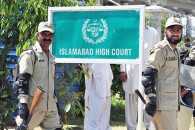
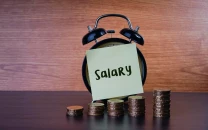
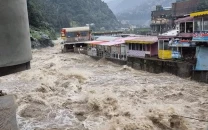
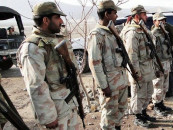
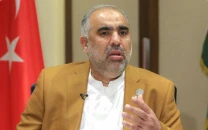













COMMENTS
Comments are moderated and generally will be posted if they are on-topic and not abusive.
For more information, please see our Comments FAQ